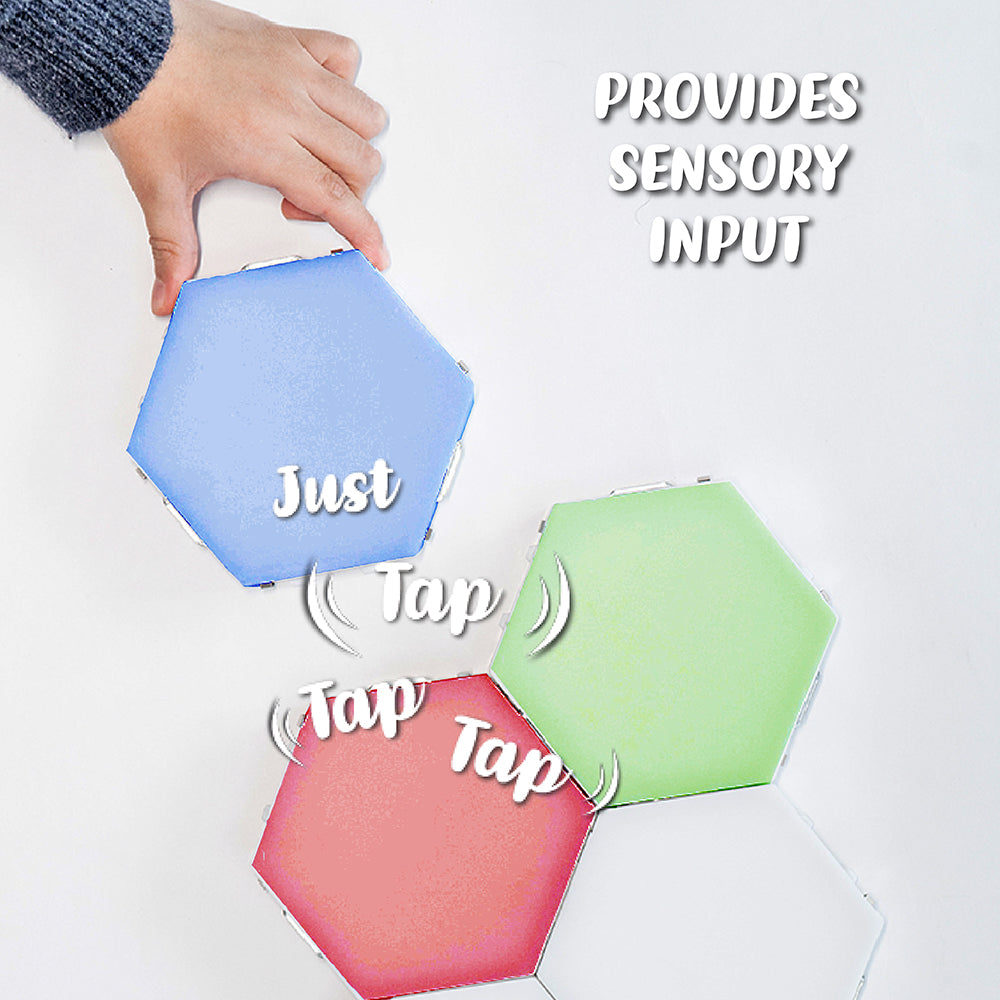
When we think of autism, we often consider the spectrum of challenges and the individuality of each person's experience. Among the myriad of therapeutic options, acupuncture emerges as a complementary approach, potentially bridging the gap between conventional treatments and holistic wellness. The journey of understanding autism, much like the intricate web of neural pathways, is complex and deeply personal. As we explore acupuncture's place in this journey, we delve into the physiological and neurological underpinnings that may illuminate its potential effects on those within the autistic spectrum.
Understanding Autism's Complex Tapestry
Autism spectrum disorder (ASD) is a developmental condition characterized by challenges in social interaction, communication, and repetitive behaviors. But beyond these challenges lie extraordinary strengths and variations in how individuals perceive and interact with the world. It's a tapestry woven with unique patterns, and each thread represents different aspects of life, including sensory processing, social connections, and independent living skills.
For many families, fostering independence in their loved ones with autism is paramount. Skills such as self-care, cooking, and money management are crucial for a fulfilling life. Yet, the journey to independence is often accompanied by a search for supportive therapies that can ease the challenges associated with ASD.
Acupuncture: An Ancient Practice Meets Modern Neuroscience
Acupuncture, a traditional Chinese medicine practice, involves the insertion of thin needles into specific points on the body. It's based on the belief that these actions can balance the body's energy, or 'qi.' But what does modern science say about this ancient practice, especially in relation to autism?
Recent studies suggest that acupuncture may influence neurological function. Neuroscientists have observed that needle insertion can stimulate the nervous system, releasing endorphins and other neurotransmitters. These chemical messengers play a role in mood regulation, pain relief, and could potentially affect sensory processing and neural pathways—areas often affected in individuals with autism.
Through interviews with neuroscientists, we learn that acupuncture might modulate brain activity in ways that could be therapeutic for some symptoms of autism. For instance, it could potentially calm overactive sensory responses, which many individuals with ASD experience, leading to a decrease in sensory overload and an improvement in coping mechanisms.
Acupuncture's Potential Impact on Sensory Processing and Neural Pathways
The sensory processing difficulties that many individuals with autism face can be overwhelming. The world can feel like an onslaught of confusing and often distressing signals. Acupuncture's potential to soothe these heightened sensory experiences could offer a reprieve, enabling individuals to navigate their environment with less stress.
Moreover, the neural pathways in the brain of an individual with autism might function differently, affecting communication and behavior. Acupuncture's influence on the nervous system could foster new connections or strengthen existing ones, leading to improvements in communication skills and social interactions. These possibilities, while still under investigation, offer a glimmer of hope and a different avenue for families seeking complementary treatments.
Personal Stories: The Impact of Acupuncture on Lives
Amid the science and speculation, personal narratives provide the most compelling insights into acupuncture's role in autism treatment. Families share stories of subtle but significant changes; a child who finds comfort in the routine of acupuncture sessions, or a young adult who experiences a newfound calmness that supports their independent living skills.
These anecdotes, while not definitive evidence, highlight the personal impact that acupuncture can have. They remind us that behind every treatment and every study are individuals with their own unique experiences and challenges.

As we continue to explore and understand the full potential of acupuncture in autism treatment, it's important to remember that it's just one piece of a larger puzzle. Each individual's needs and responses to treatment will vary, and what works for one may not work for another. But the pursuit of knowledge and the sharing of experiences enrich our collective understanding and support for the autism community.
In the end, it's not just about the needles or the neural pathways; it's about the individuals and families who are seeking ways to improve quality of life and embrace the strengths within the spectrum. Acupuncture, as a complementary approach, holds promise, and it's through continued research and heartfelt stories that we will uncover its true role in the lives of those with autism.









Leave a comment